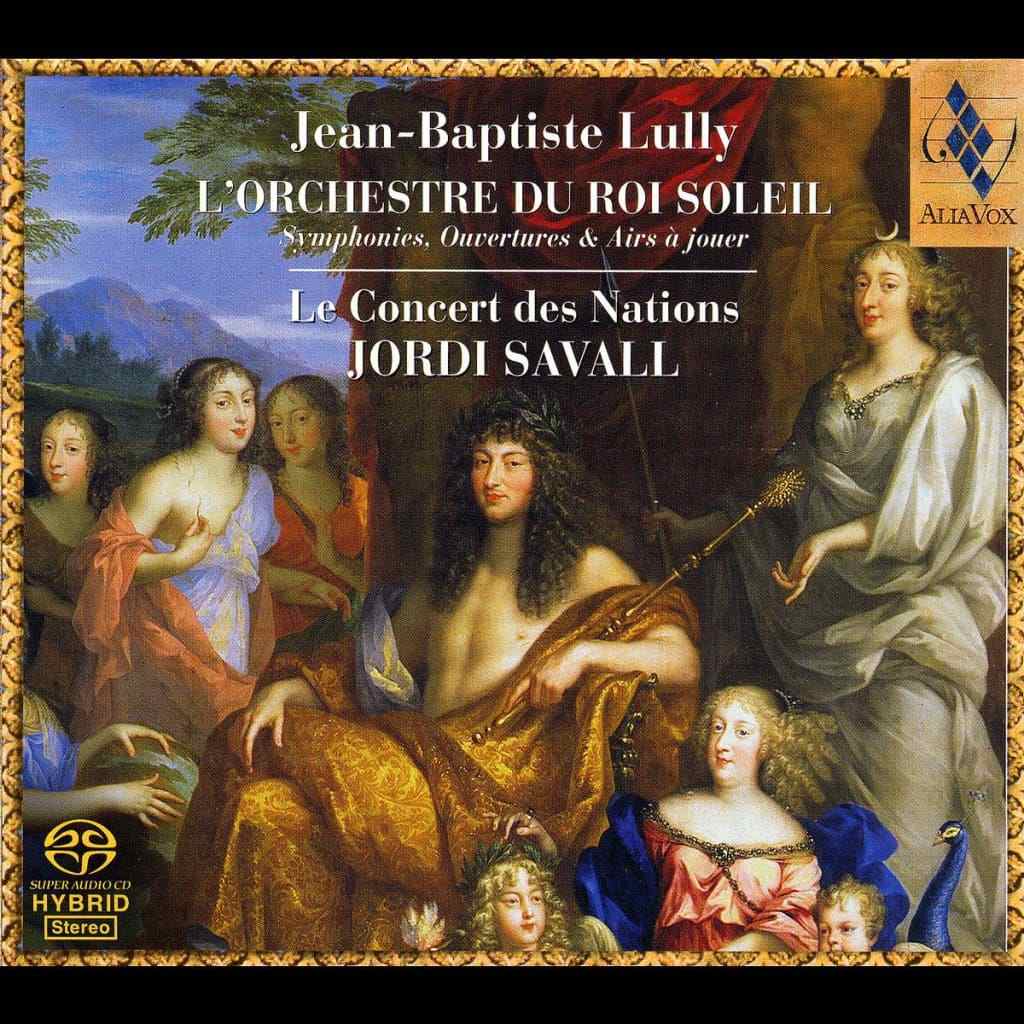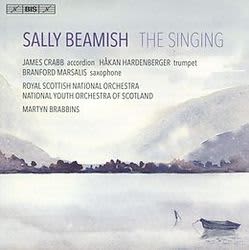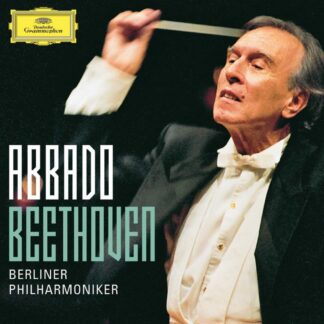Περιγραφή
Καλλιτέχνες
|
The years from 1670 to 1673 mark one of those crossroads at which history in general, and the history of art in particular, sometimes judiciously brings together just the right combination of people, events and even instruments. In fact, the events of those years were to have major consequences, not only for the future of French music, but also, to a certain extent, for Western music as a whole. Firstly, the people; and, chief among them, the king. Louis XIV himself contributed in several ways. There was his thirst for glory, the like of which has rarely been seen in other monarchs. There was also his genuine and discerning love for all the arts, but especially for music and dance. Accordingly, he made the latter two art forms the favourite instruments of his “désir de gloire” and gave artists in these fields virtually unlimited resources with which to create their works. Then there was Lully, the beneficiary of the king’s munificence. Although one might criticise his attitude towards music (like Louis XIV’s own attitude towards the arts) as dictatorial, it is nevertheless a fact that no other musician (not even Wagner, whose royal patron was Ludwig II of Bavaria) ever received from his sovereign such an abundance of material, financial and moral support, and it was this power which would enable Lully to influence the destiny of music in the way that he did. Secondly, the events. In this respect also, there was an equally extraordinary crossroads, with Lully at the very point at which the paths intersected. Italian by birth, temperament and also training (despite his arrival in Paris at an early age), but French by adoption, and having assimilated the artistic tastes and ideas of his second homeland, he was himself a kind of crossroads. But that was not all; for one hundred years, court ballet had been one of the essential forms of French music. Lully, the Italian, was to breathe fresh air into it, giving it greater vigour and technical precision and, above all, new horizons. The king would give him both the means and numerous opportunities to bring about this transformation. In exchange, Lully developed the ballet to reflect the evolution of the king himself, endowing it with ever more grandeur, stateliness and brilliance. Yet another crossroads came about when Louis XIV commanded Lully and Molière to work together, a collaboration which gave rise to the mixed genre of the comédie-ballet. The new genre was to be a decisive influence in expanding choreographic art through the dimension of drama. Thus, while Italian opera was born from the addition of music to tragedy, French opera had its origins in the dramatisation of ballet, combined first with comedy and then with tragedy. In 1670, Louis XIV stopped dancing and court ballet disappeared forthwith. Lully and Molière sought a new outlet for their combined creative talents by expanding on the comédie-ballet., a venture which culminated that same year in Le Bourgeois Gentilhomme. A year later, they took the project a stage further with the tragédie-ballet Psyché (1671). Then, along the same lines, Lully worked alone to create the even grander opéra à la française., with Cadmus et Hermione (1673) and Alceste (1674). Finally, the instruments. The constant practice of ballet at the French court had led to the institution of a permanent ensemble known as the king’s Twenty-four Violins. While throughout Europe, instrumental ensembles were more or less “random”, depending on what was available at any given time and place, the French Band of Twenty-four Violins constituted the first orchestra in the modern sense of the word; that is to say, one in which the permanent distribution of instruments precedes and determines the composition of musical works. Its massive structure, impressive for the period, with a hard core of strings flanked by the oboes of the royal Écurie and, if required, by all the instruments of the Chamber, made it an incomparable musical tool, unrivalled by any ensemble in Europe at that time. Transferring as it did the structure of the royal orchestra to the opera, this specifically “French sound” was to dominate all French music after Lully, and also, by a process of imitation at the other European courts (beginning with the English King’s Select Band of Violins), instrumental music as a whole. |










